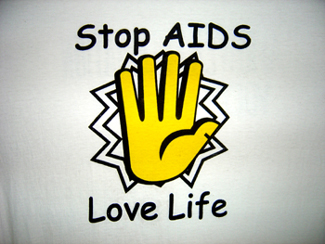

It has become increasingly evident that more and more young people in Ghana are engaging in sexual intercourse at a very early age, some as early as 11. However, it is important to note that of these early sexual debutants, it is estimated that more than half of them engaged in unprotected sex the last time they were involved in sexual intercourse1. This trend may be due to the negative response by most parents towards educating their children sexually; therefore these children, when exposed to sexually implicit (and sometimes explicit) messages from the media, end up engaging in unprotected sex without fully knowing the consequences of such risky behavior2. In Ghana, most AIDS patients are between the ages of 25-393, suggesting that they contracted HIV at a very early age. It is therefore imperative that intervention efforts be directed at the youth in general and adolescents in particular. However, intervention messages can only be successful if they are tailored around HIV/AIDS prevention, not control, because in Ghana, most people, including those infected by the disease, do not know their HIV status3. As such, since almost no one wants to know his or her HIV status, it is more likely that people would take steps to protect themselves from being infected than from infecting others. Even from the global perspective, it is estimated that more than half of all new HIV infections are people within the ages of 15 and 244. In the light of such knowledge and the fact that 63% of all people living with HIV/AIDS live in sub-Saharan Africa5, the need to reach our youth–especially our adolescents–is greatly underscored. The UNAIDS report on young people and HIV/AIDS couldn’t have put it any better when it stated that, “Young people are at the center of the global AIDS pandemic. They are also the world’s greatest hope in the struggle against this fatal disease.”4